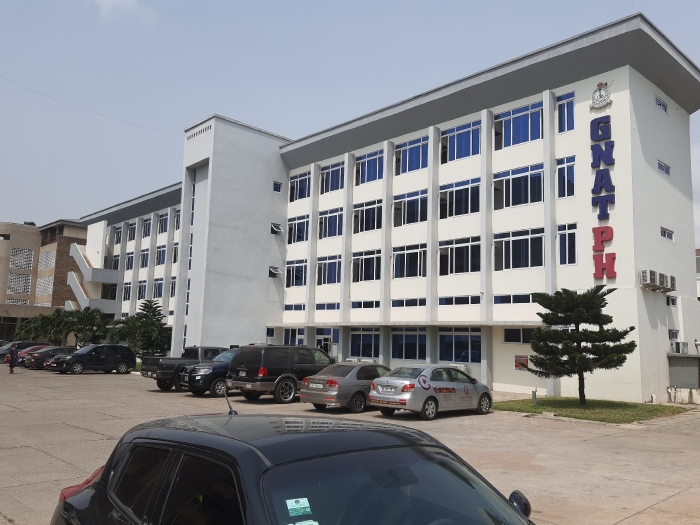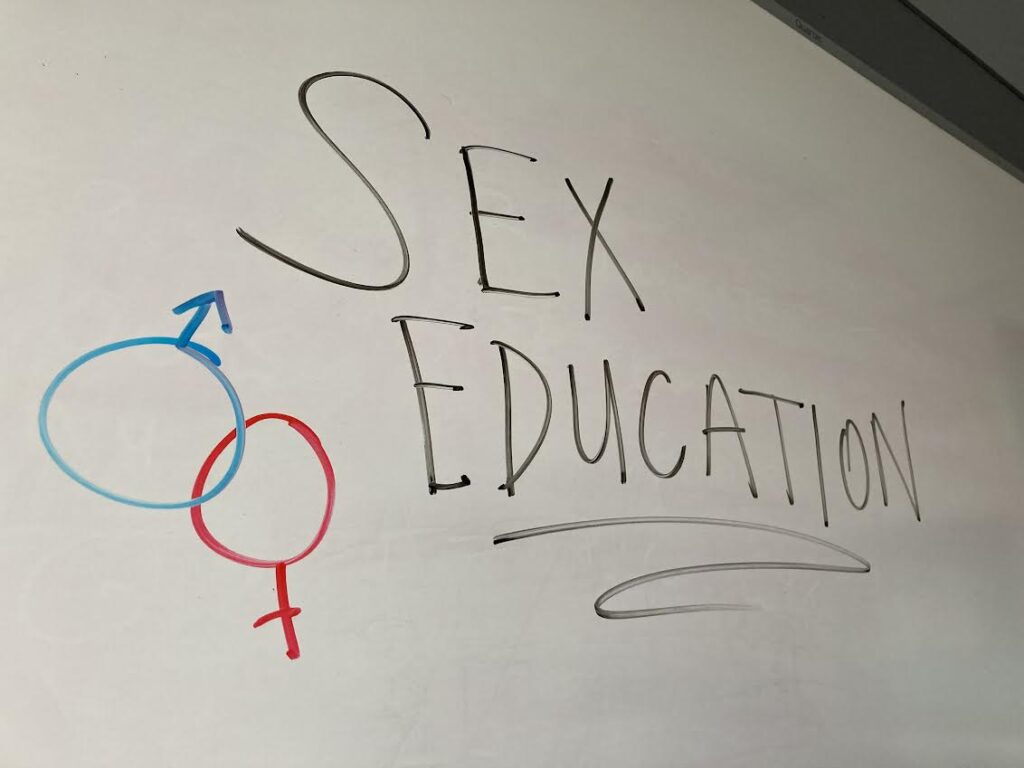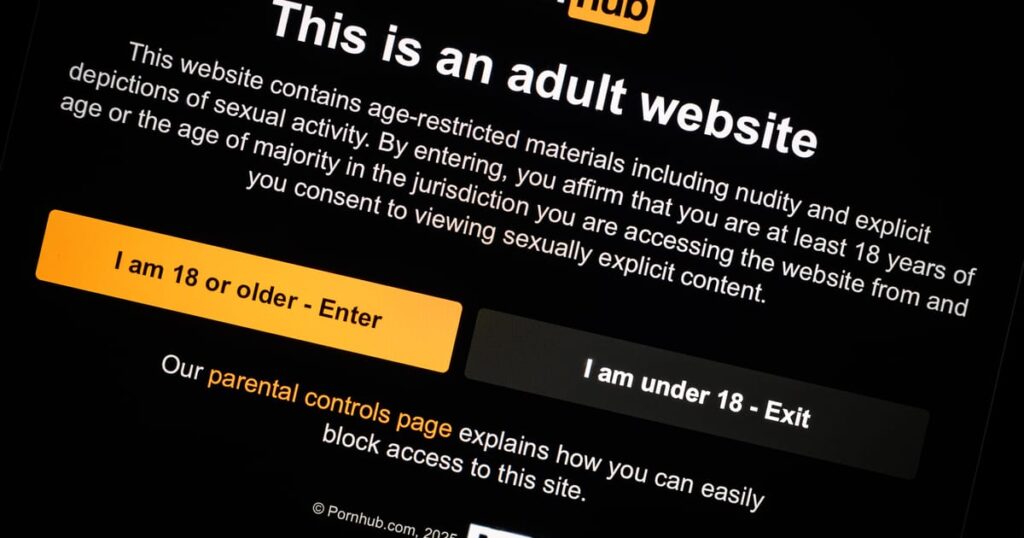In 2018, a highly contentious issue sparked widespread discussion and debate in Ghana.
Civil society organizations and international development partners were set to introduce a Comprehensive Sexuality Education (CSE) curriculum into schools.
CSE stakeholders were hoping this would be a progressive step to empower young people with knowledge about their bodies, relationships, consent, and reproductive health.
However, after the announcement, they faced a huge wave of backlash.
Religious groups, traditional leaders, and even members of Ghana’s parliament opposed the initiative, claiming it would “promote homosexuality” and “corrupt Ghanaian values.“
Within weeks, the Ministry of Education, which had supported the initiative, shelved the policy.
Teaching sex education in school in Ghana has been a controversial subject. Currently, Ghana teaches a limited, age-appropriate version of sex education, focusing more on health, abstinence, and morality.
The CSE curriculum, if introduced, would have offered more diverse topics, including human anatomy and physiology, reproductive health and contraception, and sexual rights and responsibilities.
But pushback from various religious groups and misinformation on social media stating that the CSE would indoctrinate children to be tolerant of homosexuality led to its failure to launch.
Pushback From The Religious Right
Religion plays a huge factor in a lot of social issues in the country. According to the latest census data, the majority (71%) of Ghanaians identify as Christians.
The second highest religious group is Islam, with 19.9% of the population identifying as Muslims.
When the CSE was announced, there were concerns from religious leaders that it would compromise indigenous cultural values and religious practices.
Religious groups in Ghana have a lot of influence on socio-political discourse in Ghana, and they took no time in using their voice and influence to push back on sex education in schools.
Groups, including the Ghana Catholic Bishops Conference, the Office of the National Chief Imam (ONCI), the Islamic Peace and Security Council of Ghana (IPASEC), the Islamic Council for Development and Humanitarian Services, and the Ghana Pentecostal and Charismatic Council (GPCC), all voiced their displeasure about the initiative.
The Christian Council, in a statement, outright rejected the introduction of CSE on the basis that it would introduce LGBT to children:
“We reject absolutely the inclusion of Comprehensive Sexuality Education in any form and in any name in our school curriculum now and in the future as we see the policy as a long-term subtle agenda to target our young population with a liberal mindset to accepting and tolerating lesbian, gay, bisexual, and transgender (LGBT) as a normal societal behaviour in the very near future.”
During the 2024 election campaign, both of Ghana’s major political parties played a game of “political football” when it came to the CSE controversy.
Former Minister of Education, Dr. Matthew Opoku Prempeh (running mate for Dr. Bawumia of the National Patriotic Party (NPP)), defended the CSE, stating that it would not have promoted LGBT ideologies.
The opposition party at the time, the National Democratic Party (NDC), in their manifesto, pledged to “remove Comprehensive Sexuality Education from the school curriculum“, even though it had not been introduced.
“CSE Is Not Going To Help Us”
Stakeholders in the education sector surprisingly pushed back against sex education in schools at the time of its unveiling.
The Ghana National Association of Teachers (GNAT) called on Ghanaians to rise and fight against CSE because they assumed that it would promote homosexuality.
The Akuapim South and Nsawam branch GNAT Secretary said:
The CSE is not going to help us because we believe that if we are going to talk about gender rights to the extent that a girl can decide whether she wants to be a girl or boy, is dangerous to our society so I think as a nation we should all come together to fight that particular policy.

If we’re not intentionally teaching them [students] accurate, age-appropriate things about their sexual and reproductive wellbeing, then we’re leaving them to figure it out on their own.”
Ami Shikah, a Ghanaian sex coach and educator
Impact of Sex Education
Despite the pushback from several stakeholders, the reality and impact of sex education cannot be ignored. According to studies, it has been shown to have positive outcomes when taught to students.
Research shows that sex education, when introduced in schools, delays the timing of students’ first sexual debut, contributes to a higher use of contraceptives, and promotes safer sex among adolescents.
It also has positive effects in reducing unintended pregnancies, unsafe abortions, sexually transmitted infections, and HIV infections.
Ghana has been quietly battling the issue of teen pregnancies, especially in regions outside Accra, its capital city.
Between 2016 and 2020, Ghana recorded 542,131 pregnancies amongst adolescent girls aged 15-19 years and 13,444 pregnancies amongst young teenagers aged 10-14 years, according to the Ghana Health Service District Health Information Management Health System (DHIMS).
According to available data, countries that utilize CSE in their education system tend to have lower rates of teenage pregnancies compared to countries with limited or partial CSE integration.
“It’s Long Overdue”
Ami Shikah, a certified sex coach and sex educator based in Ghana, is all for the teaching of sex education in schools and is 100% behind the initiative.
“Honestly, it’s long overdue,” she says. “If we’re not intentionally teaching them [students] accurate, age-appropriate things about their sexual and reproductive wellbeing, then we’re leaving them to figure it out on their own.”
She was also quick to point out Ghana’s conservative nature, which led to the pushback against the CSE.

“In reality, CSE is about teaching students when not to have sex, how to protect themselves if and when they choose to,” she said.
Ms Shikah says the introduction of the CSE would have had a lot of upsides, including helping students speak up in bad situations.
“It would have become easier for children and students to report incidents of sexual abuse or violence,” she stated.
Despite the sidelining of the CSE, Ms. Shikah says society in Ghana still has a large part to play when it comes to normalizing sex education.
“Everybody has a part to play if we’re really serious about building a healthier, more empowered society,” she said.
“We need to stop sidelining sex education and start normalizing it in every space. I promise, if we commit to this and do it properly, within five to ten years, we’ll be proud of the results.”
“Kids are being exposed to a lot of things”
It’s been reported that Ghana’s penetration rate was reported at 69.1 % in 2023, with additional information showing that Ghana has an estimated 15.1 million smartphone devices in circulation.
With easier access to the internet and smart devices, young adolescents can easily access pornography at a young age, which could teach them the wrong lessons when it comes to sex and consent.
A 2018 survey revealed that 2 in 5 children in Ghana (around ages 12–17) have been exposed to pornography, with nearly 25% viewing adult content on their phones.

Nana Kofi, a young Ghanaian banker whom we spoke with, is concerned about how young people are getting introduced to sex.
“For most young people in Ghana, their first introduction to sex is mostly through pornographic material and stories from friends“, he said.
Another individual, Rekz, a 28-year-old marketing professional, concurred.
“Kids are being exposed to a lot of things, so we need to teach them before they learn from the wrong people.”
Ms Shikah, the sex coach, said the government needs to push for more education policies when it comes to teaching sex education. She says religious organisations also need to step up.
“Instead of using fear and shame when it comes to sex education, they can help shift the conversation to one of compassion, respect, and understanding.”





